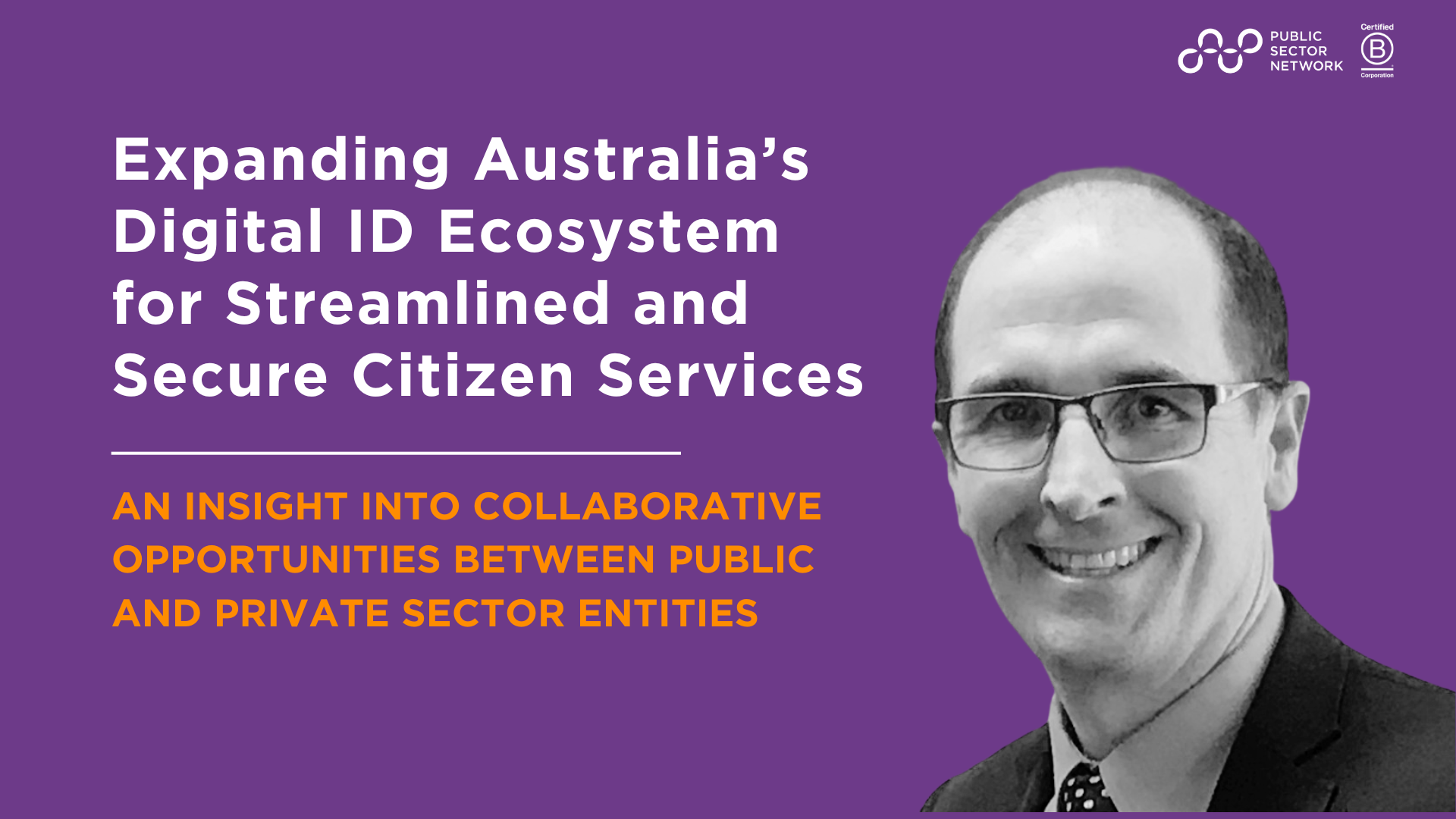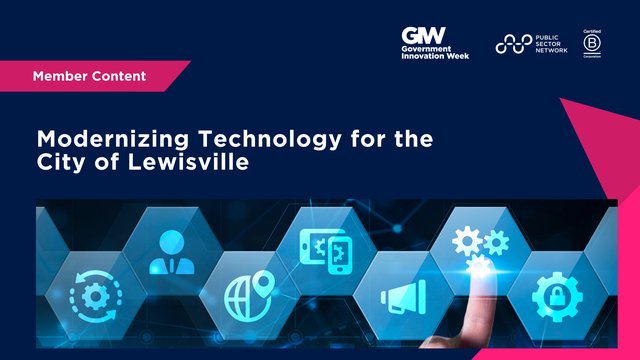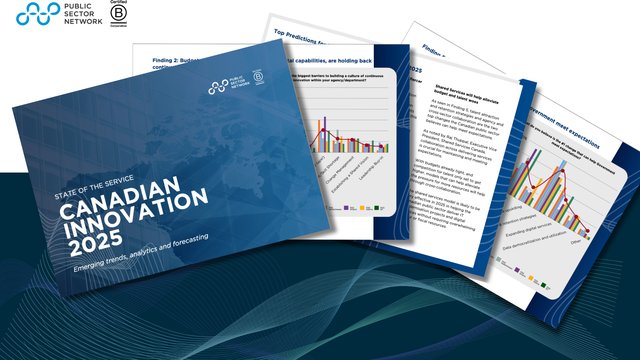

John Shepherd, First Assistant Secretary with the Australian Department of Finance,
Unlocking a new era of convenience and security, Digital ID is revolutionising how Australians interact with online services. Heralded as the modern version of the 100-point check that anyone who has opened a bank account, applied for a home loan or lease, starting a new phone contract or similar, has encountered.
But instead of rummaging for your birth certificate stashed in a long-forgotten location, or handing over copies of crucial documentation in person each time you need to complete one of these activities, imagine a world where proving your identity is as simple as a few clicks. Digital ID, the electronic incarnation of your personal credentials provides all this by streamlining access to crucial services.
From seamless online transactions to secure government interactions, the Digital ID Bill 2024 and the expansion of the existing Digital ID System is set to become the cornerstone of Australia's digital evolution. As the Australian Government expands its Digital ID initiative, citizens are empowered with efficient, trustworthy, and accessible identity verification.
First Assistant Secretary from the Department of Finance, John Shepherd discusses how recent cyber security incidents have prompted this expansion, and further discusses collaborative opportunities between public and private sector entities that will take Digital ID and modern government citizen services to the next level.
Deciphering Digital ID
Securing and Streamlining Government Services
Digital IDs are not a new concept. They’ve been around in various forms for approximately a decade but rose to prominence during the pandemic when digital services became all the more important because we needed to access services without leaving home.
In Australia the Federal Government’s Digital ID, myGovID has been around for five years and transforms the online verification processes, eliminating the need to physically present documents while ensuring authenticity. More than 10.5 individuals have created a myGovID that they can use to access over 130 Commonwealth and state and territory government services.
As John Shepherd, First Assistant Secretary with the Australian Department of Finance explains; “essentially, Digital ID allows users to verify their identity without relinquishing physical documents. This verification process links back to the original documents, such as driver's licenses, which are stored in state and territory databases. Once verified, users can repeatedly utilise their Digital ID without the hassle of reverifying from the source documents, empowering them with control and convenience.”
Crucially what this also means is that individual entities – whether private or public – don't need to collect, store and secure millions of personal records. And this is the foundation behind the expansion impetus.
The Digital ID Bill had been in the pipeline for some time, however recent urgency has been fuelled by major data breaches, particularly in the last couple of years. “Companies like Medibank Private, Optus, and Latitude made headlines due to cyber breaches; some individuals, myself included, were affected by all three,” says John.
He adds; “these breaches were partly attributed to organisations holding onto personal information such as driver's licences, IDs, and addresses for extended periods, often due to regulatory requirements. This emphasised the need for legislative changes.”
Instead, businesses will authenticate individuals' Digital IDs, validated by trusted third parties, thus mitigating the need for prolonged data storage. This transition not only addresses concerns regarding data security and privacy but also enhances operational efficiency for businesses by reducing the burden of managing sensitive information.
Empowered and Informed Citizens
Fostering Citizen Trust with Transparency and Choice
In late March 2024, the Australian Senate passed the Digital ID Bill, but not before a series of amendments which ensured choice, security, and a broad timeline for interoperability with the private sector. The bill is still to be voted on in the House of Representatives, and the earliest that can happen is in the next sitting period in mid-May.
From a security perspective, the Bill sets forth stringent requirements, emphasising minimal data retention and imposing limits on the duration for which certain data types can be retained. Ensuring robust oversight and enforcement mechanisms is integral to the success of this legislative framework and its uptake. The Australian Competition and Consumer Commission (ACCC) assumes a central role in overseeing the accreditation scheme and is empowered to impose penalties for any breaches of compliance, thus upholding accountability standards. Additionally, the Office of the Australian Information Commissioner (OAIC) contributes significantly by enforcing supplementary privacy protections.
Pivotal to garnering support in the Senate was also the expansion of the existing Digital ID system. The aim is to expand the Australian Government Digital ID System beyond the public sector to private businesses within 2 years to offer more choice of who people can set up a Digital ID with and where they can use it within the Government system.
“The banking sector demonstrates significant interest in Digital ID integration, with many institutions either developing their own Digital IDs or partnering with accredited providers like Connect ID. Importantly, legislative frameworks do not impede ongoing private sector initiatives, allowing accredited digital ID solutions to offer their services across various industries and businesses,” explains John.
Legislation also introduces the concept of trust marks, providing users with a recognisable symbol denoting accredited Digital ID providers allowing individuals to make informed and trusted choices. Similar to familiar consumer indicators like star ratings on appliances or health ticks on food, trust marks serve as a beacon of reliability within the Digital ID landscape, bolstering user confidence.
The themes of security, trust and choice underpin the entire Digital ID System expansion. Most notably the Digital ID System is voluntary which ensures that individuals are not coerced into adoption, helping to build trust for the system.
As John aptly notes; "trust takes considerable time to establish, yet can be lost in an instant. Over time, trust will be earned through meticulous data protection efforts, transparent operations, and swift incident response."
There’s no single solution to ensuring uptake, but Australia's Digital ID expansion, fortified by comprehensive security measures and transparent governance, represents a significant stride towards bolstering citizen trust in the digital realm – heralding in a new age for government services and citizen experiences.
Want to Learn More?
Join John at the upcoming Innovate Australia Showcase on May 29th as he, along with a line-up of 35 other APS thought leaders discuss “Delivering Sophisticated and Mature of Service While Keeping Experiences ‘Simple.”’
Deep dive into case studies, hear top tips and lessons learned and join interactive sessions to collaboratively work through challenges. For more information or to register your free seat visit the event website.































